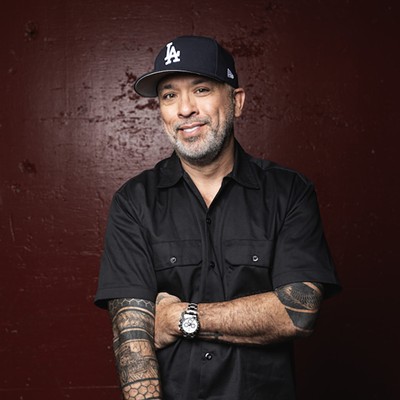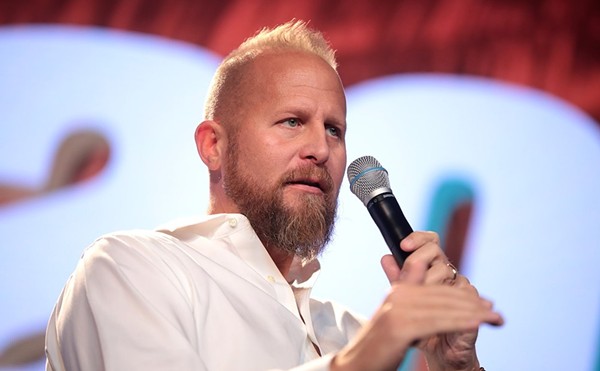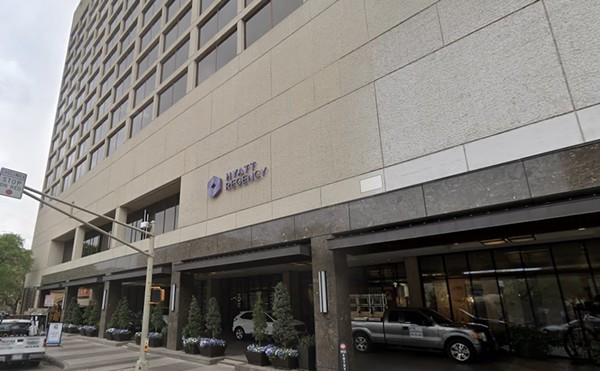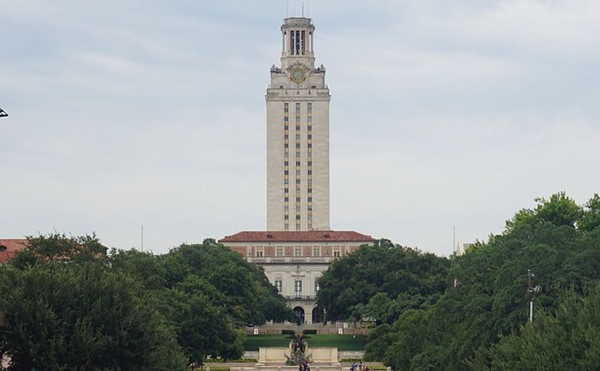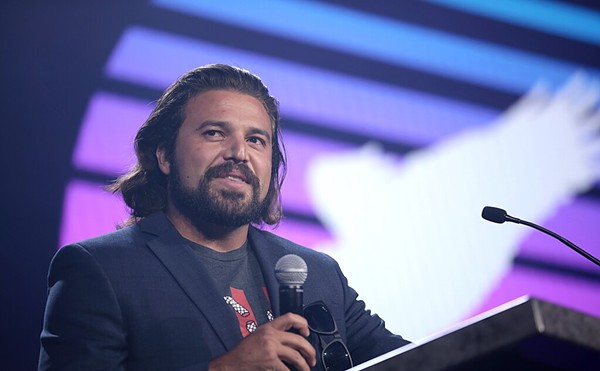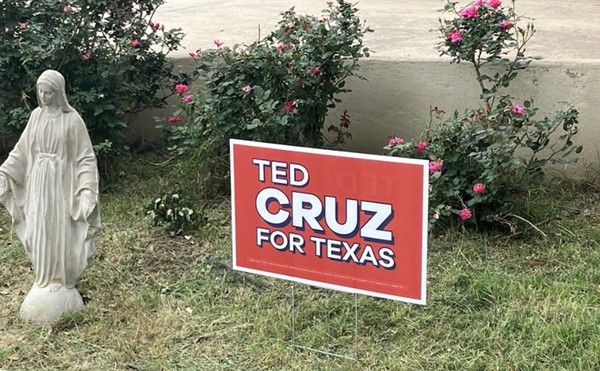On October 1st, the healthcare exchanges established by the Patient Protection and Affordable Care Act, or Obamacare, will open on the internet. The nonpartisan Congressional Budget Office estimates that by 2023, 24 million Americans will purchase their required health insurance through these exchanges.
However, nearly 15.5 percent of households in the San Antonio area, and nearly 13 percent of all Texas households, will be unable to partake in the exchanges because they cannot appropriately transfer funds to insurance companies. Their inability to pay has less to do with cash flow and more to do with not having a bank account.
According to the Federal Deposit Insurance Corporation estimates, these people are “unbanked” meaning they lack a bank account or any serious relationship with a bank.
San Antonio leads the nation’s major metropolitan areas in percentage of unbanked households and Texas has the nation’s second highest percentage unbanked of households.
Why are so many unbanked household in the River City? Most of the unbanked are uncomfortable with high banking fees, or are undocumented or recent immigrants that lack trust in banking institutions.
So why does not having a bank account prevent participation in the exchange system?
According to National Public Radio, most healthcare insurance plans will take a credit card payment for the first month’s premium and then require a check or electronic fund transfer from an established bank account for future payments. While most households could use a credit or debit card for their first payment, they would be unable to continue making payments to maintain the insurance plan.
Healthcare plans are reluctant to take long-term credit card payments since the processing fees changed can be astronomical, especially on a scale of 29 million monthly transactions as predicted by the Congressional Budget Office.
The problem of unbanked households means major sections of San Antonio’s population will be unable to participate in a system that was designed to increase healthcare insurance access and general well-being to millions of Americans.
Being uninsured in Texas is a huge problem; the Lone Star state has the highest uninsured population in the country at 25 percent. A recent study by the Robert Wood Johnson Foundation and Urban Institute found that number could balloon to more than 33 percent over the next decade without the ACA. The uninsured population is not Texas’s only healthcare problem; according to the federal Agency for Healthcare Research and Quality, Texas has the worst healthcare quality in America.
With the individual mandate upheld by the Supreme Court as a tax, thousands of unbanked San Antonio families could face a penalty because they are unable to purchase healthcare through the exchanges.
When Obamacare was written, no provisions were added to require insurance companies accept all forms of payment. A measure to amend the law would likely be seen as opportunity to strengthen it and therefore dead-on-approval in Congress.
Likewise, Governor Perry has refused to participate in the program, making it unlikely he would establish a state law mandating credit card-accessible healthcare exchanges in Texas.
Because of partisan politics, the crisis falls to federal regulators or business to solve.
If the government pursues a course of regulation, it will cost millions in court fees and yield a less productive solution that one achieved through business-led cooperation with the government agencies. Furthermore, business-led initiatives have the benefit of offering the potential for new job opportunities and economic growth.
In order to bring about a true, business-led solution to the healthcare-credit card crisis, two key stakeholders would need to be involved: The Electronic Transactions Association (ETA), the trade association for payment processors and America’s Health Insurance Plans (AHIP), the trade association to the ETA for health insurers.
With partisan politics and presidential ambitions gumming up the legislative process, these two trade groups should convene and develop a solution that allows health insurance plans to accept various forms of banked and unbanked payment for coverage that means profits for both sides.


